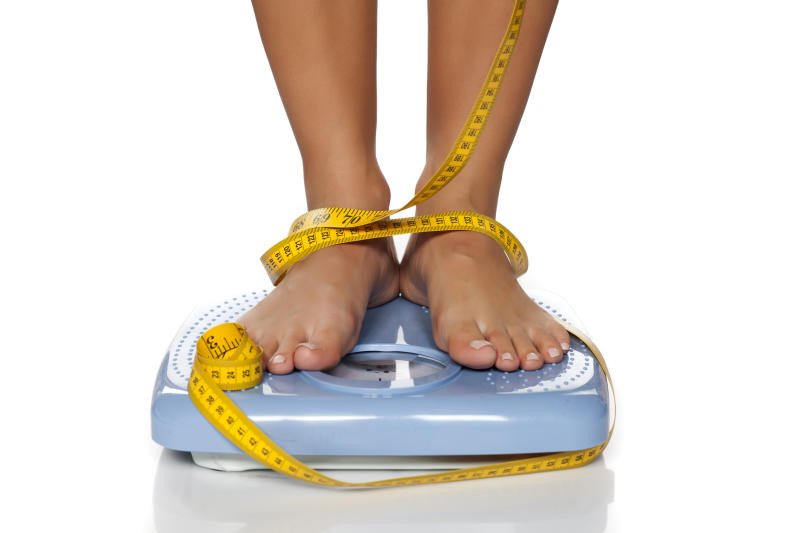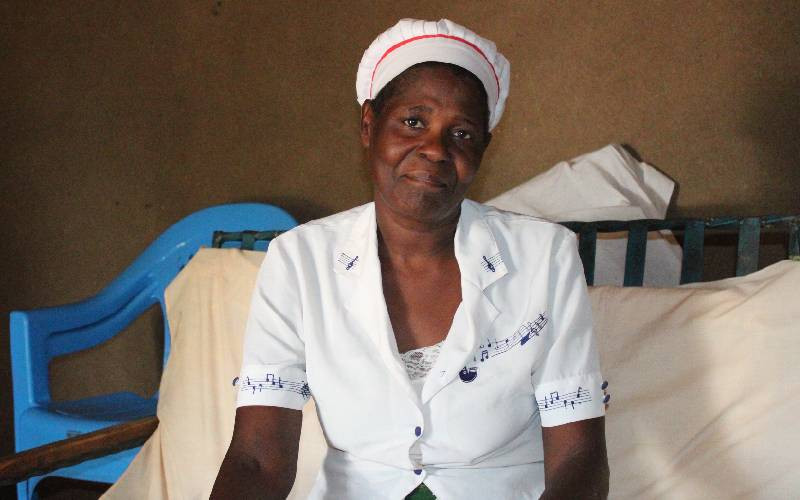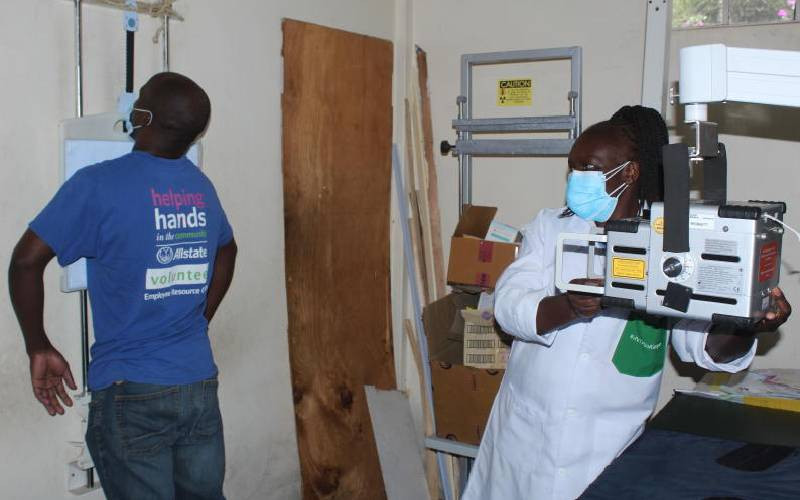
Woman's feet on a domestic weight scale [Istock]
When someone says you’re overweight or underweight, have you ever paused to ask, according to whom?
For decades, the Body Mass Index (BMI) has been the go-to tool for classifying weight.
It is a simple formula that divides your weight by your height squared and drops you into neat categories: underweight, normal, overweight, or obese. It sounds scientific, but BMI has its blind spots.
It doesn’t separate fat from muscle, or account for bone density, age, or body composition. A muscular athlete might be labelled overweight, while someone with little muscle but high body fat could fall within the “normal” range.
That’s why doctors often look beyond BMI. Waist size, blood pressure, blood sugar, and cholesterol levels can paint a clearer picture of whether weight is truly a health risk.
Still, even the medical world wrestles with questions: how much risk is too much, and how much should weight matter compared to lifestyle habits like diet and exercise?
Then there’s the cultural perspective. In some African communities, a fuller figure is celebrated as a sign of prosperity, beauty, and health. In others, slimness is prized. These cultural ideals can shape perceptions of “healthy” just as strongly as medical charts.
And what about personal choice? Shouldn’t each individual have the right to define what “healthy” looks and feels like for their own body, as long as it doesn’t put them at severe medical risk?
And so, we circle back to the core question: Who truly has the authority to define whether someone is overweight or underweight? Doctors, society, or the individual themselves?
Should we trust medical professionals and scientists to give us objective standards, allow society and culture to influence what is considered healthy, or leave it entirely to each person to decide for themselves what a healthy weight means?
 The Standard Group Plc is a multi-media organization with investments in media
platforms spanning newspaper print
operations, television, radio broadcasting, digital and online services. The
Standard Group is recognized as a
leading multi-media house in Kenya with a key influence in matters of national
and international interest.
The Standard Group Plc is a multi-media organization with investments in media
platforms spanning newspaper print
operations, television, radio broadcasting, digital and online services. The
Standard Group is recognized as a
leading multi-media house in Kenya with a key influence in matters of national
and international interest.











